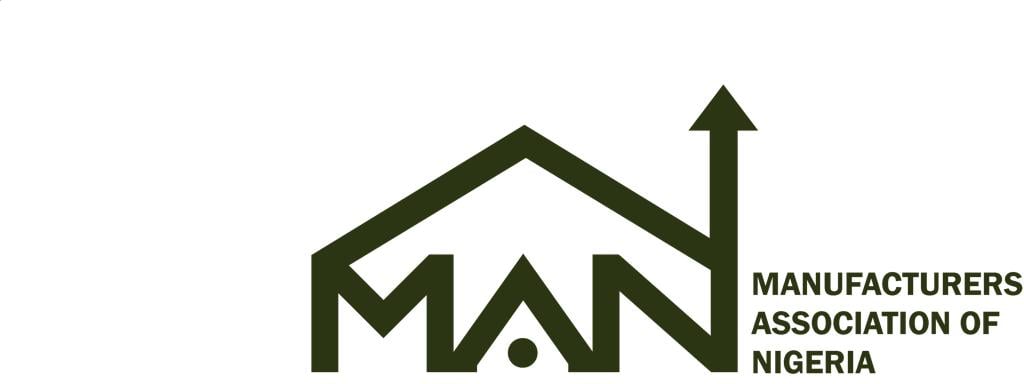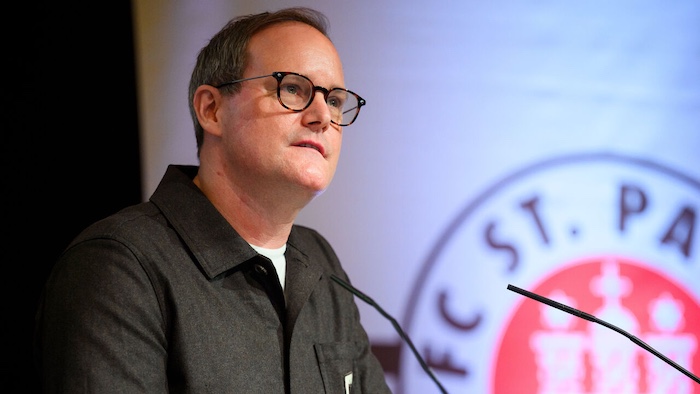
MAN says borrowing at 30–37% is “punitive,” calls for stronger monetary–fiscal synergy to revive industrial output
The Manufacturers Association of Nigeria has called on the Central Bank of Nigeria to further reduce interest rates, warning that the high cost of borrowing continues to suppress production, limit credit access, and weaken the competitiveness of local manufacturers.
Responding to the outcome of the Monetary Policy Committee meeting held on November 24 and 25, MAN said on Wednesday that while it acknowledges the MPC’s decision to keep the Monetary Policy Rate at 27 per cent, the lending environment remains “punitive for manufacturers.”
Following its 303rd meeting, the MPC retained the benchmark interest rate at 27 per cent, adjusted the Standing Facilities Corridor to +50/-450 basis points, held the Cash Reserve Ratio at 45 per cent for commercial banks and 16 per cent for merchant banks, and maintained the liquidity ratio at 30 per cent.
The CBN also cited improving macroeconomic indicators, including what it described as a continued slowdown in inflation, which stood at 16.05 per cent in October.
However, MAN cautioned that conditions in the real sector demand more aggressive monetary easing. Director-General of MAN, Segun Ajayi-Kadir, said the association “appreciates the decision of the MPC to halt further rate hikes” but noted that manufacturers had expected “a reduction in the rate to ease the cost of borrowing.”
Ajayi-Kadir explained that despite recent improvements, manufacturers still face lending rates “ranging between 30 and 37 per cent,” describing them as “high, restrictive, and damaging to competitiveness.”
He said, “These rates hinder production and significantly reduce competitiveness. While exchange rate stability and improved forex liquidity are important, the cost of funds must be lowered to encourage borrowing for expansion and new investments.”
MAN warned that persistently high lending rates would continue to shut out manufacturers especially small and medium industries from accessing long-term and affordable credit.
The association said the situation is worsened by structural challenges including poor infrastructure, high logistics costs, unstable electricity, rising energy prices, and insecurity. These factors, it said, “collectively increase production costs and weaken competitiveness.”
MAN urged the CBN and fiscal authorities to strengthen policy coordination and push reforms that unlock the country’s industrial potential. It recommended that the apex bank “adopt a downward review of the MPR in future MPC meetings to reduce borrowing costs and incentivize long-term investment,” particularly in capital-intensive sectors.
The body also proposed that the CBN introduce additional policy tools to boost credit flow to the real sector, while the Federal Government increases investments in roads, electricity, and logistics to improve supply-side capacity.
On exchange rate management, MAN urged greater collaboration between the CBN and the government to stabilise the naira and mitigate possible risks associated with the widened MPC corridor, which it said could encourage banks to lend more aggressively.
The Association also called for broader fiscal measures to support industrial expansion, promote structural reforms in agriculture, manufacturing, and energy, and tackle inflationary pressures. It added that insecurity in industrial and agricultural zones must be urgently addressed to protect supply chains and stabilise raw material availability.
While commending the MPC for measures aimed at boosting liquidity and encouraging lending, MAN said the government must seize the opportunity to drive credit-led growth in productive sectors. It urged the CBN to “monitor and evaluate the effects of previous MPC decisions on credit access to the real sector” to guide future policy actions.
MAN reaffirmed its appreciation of the CBN’s efforts to stabilise the economy but stressed that stronger synergy between monetary and fiscal authorities remains essential for translating MPC decisions into real-sector growth and broader economic development.
The PUNCH previously reported that other private-sector groups have also appealed to the CBN to consider lowering interest rates, noting that while retaining the benchmark rate signals an effort to safeguard current economic stability, businesses remain hopeful for rate cuts in future meetings.



